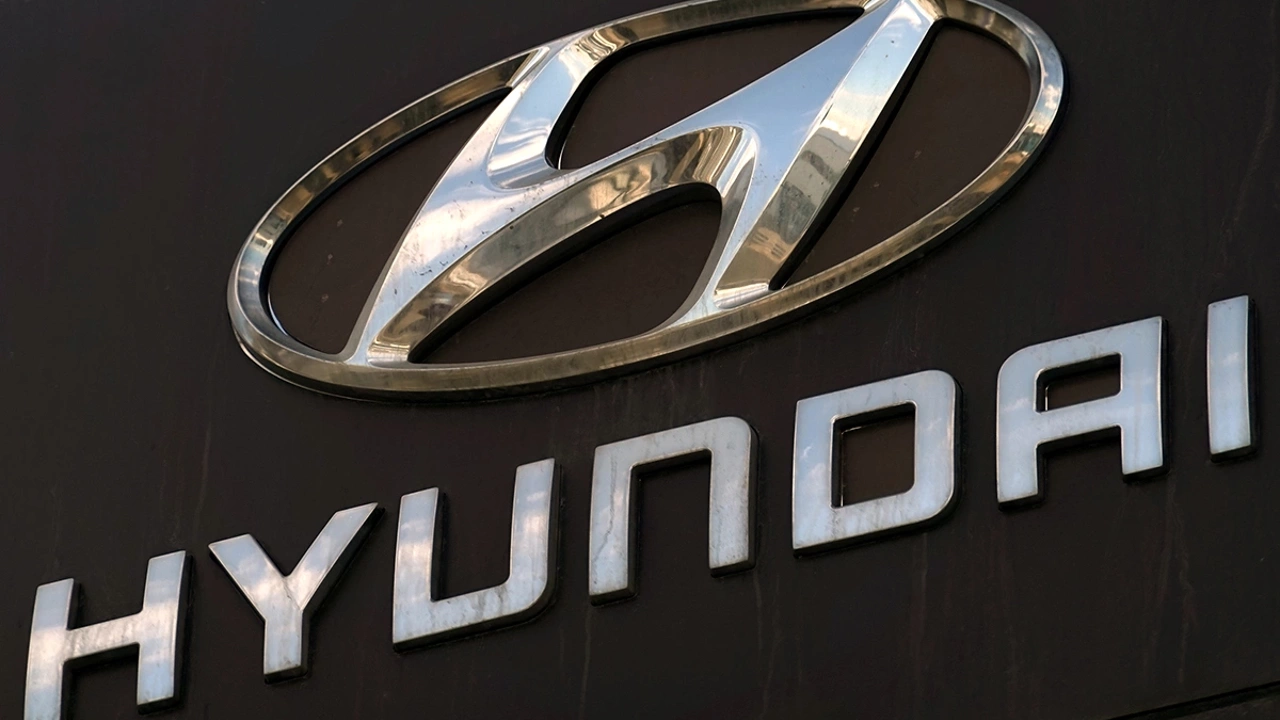South Korean automotive giant Hyundai has filed a critical patent application for electric vehicle batteries. The company has developed a method that enables the use of copper in sulfur-based cells used in solid-state batteries. This new technology has the potential to reduce battery production costs and improve performance.
Hyundai Patents Solid-State Battery
Previously, because sulfur corrodes copper, more expensive nickel or stainless steel were used instead in these types of batteries. Hyundai’s new patent involves applying a special protective coating to the copper anode.

This coating allows the copper to last longer in the battery without corrosion and maintains its performance during charge-discharge cycles. This layered structure (copper current collector, protective coating, anode, sulfur electrolyte, cathode, and terminal) prevents the copper from contacting the sulfur, preventing its degradation.
The patent application also mentions a buffer layer. This layer consists of a carbon layer and special carbon materials such as vertically aligned carbon nanotubes. Lithium-friendly metal particles such as silver, gold, or aluminum can be added to this layer. This buffer layer prevents lithium buildup on the edges of the anode during charging and discharging, ensuring more uniform battery performance.
Conventional lithium-ion batteries already use copper current collectors. However, the unique structure of solid-state batteries necessitated more expensive and less conductive materials. If Hyundai’s technology proves successful, copper could be reintroduced into solid-state battery production.
This is a development that will reduce costs and increase efficiency. Because solid-state batteries use solid material instead of liquid electrolyte, they offer higher energy density, faster charging, and safer operation. Therefore, they are considered one of the most important technologies for the future of electric vehicles.













